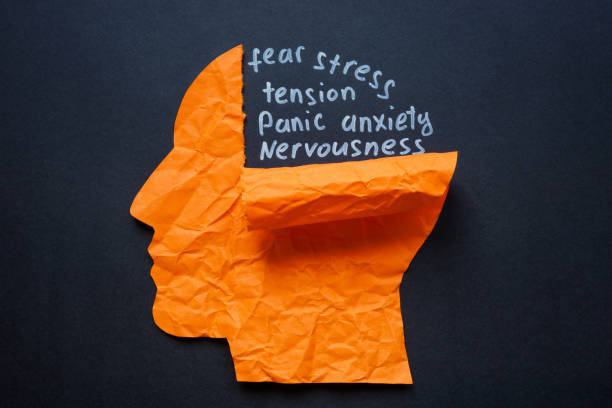Have you ever remained silent when something within you loudly shouted no?
Perhaps a colleague made a “joke” that was too much. Perhaps a buddy offered advice that felt off. Or perhaps your manager requested you to do something that didn’t feel right.
You sensed it first in your body, the knot in your stomach, the clenching of your chest, or the heat rising up your neck. But rather than tell him, you smiled and remained silent.
That uncomfortable feeling has a name: “insinuation anxiety.”
It’s the anxiety about hinting at something bad about another person even if your conscience does not agree.
This type of silent stress causes us to say yes when we mean no. It’s the reason we joke about insulting jokes, commit to things we don’t want, or keep quiet to “keep the peace.” We believe we’re being kind or respectful, but being nice sometimes prevents us from doing what’s appropriate.
Table of Contents
The Hidden Tension We All Carry
When I was a young physician working for the UK’s National Health Service, I once met with a financial planner. He was smooth, confident, and convincing. I trusted him for nearly an hour’s worth of advice until he told me that he’d receive a commission if he were to be heeded.
Something shifted instantly. I no longer trusted him, but I didn’t want him to notice that. I didn’t want to seem rude or suspicious. So, I pretended to agree.
Later, as I studied decision-making, I realized that moment wasn’t unique. It’s something we all experience in workplaces, friendships, or even families. We fear seeming judgmental or impolite, so we hide our discomfort and silence our inner truth.
This is insinuation anxiety in action:
- Taking bad advice just to not seem suspicious.
- Laughing at a rude joke so you don’t come across as uptight.
- Going along with a plan you don’t like because it feels “disrespectful” to say no.
We defend other people’s feelings at the expense of our own integrity. And it eats away at us over time, questioning our instincts the very cues that guide us to make genuine, clear-headed decisions.
The Psychology Behind It
Behavioral science explains this perfectly.
In Solomon Asch’s classic experiments, people denied their own perceptions just to fit in with a group. Stanley Milgram’s studies showed how far we’ll go to obey authority even when it feels wrong.
But insinuation anxiety adds another layer. It’s the quiet, internal battle between being kind and being true to yourself.
In one experiment, individuals were given $5 or the opportunity to play a lottery. Most chose the sure money. But when an advisor “suggested” the lottery, twice as many complied. And when told that the advisor would receive a bonus if they opted for it, compliance increased again while trust fell.
Why? Because saying no felt like accusing the advisor of being selfish. It was more polite to comply than to be rude.
That’s the influence of insinuation anxiety, we sacrifice honesty for social ease.
The Second Before Bravery
When that inner stress arises, we most all stifle it. We say to ourselves:
- “It’s not worth the trouble.”
- “Don’t make a scene.”
- “Just let it go.”
That sensation isn’t weakness, though, it’s awareness. Your body’s warning you something’s amiss. It’s your conscience speaking.
Rather than dismissing it, stop. Think. You don’t have to shout “no” loud so much just hear that internal voice. When we interpret unease as information, not anxiety, it becomes a beacon to integrity.

From Compliance to Courage
Disobedience does not necessarily look like shouting “no.” Occasionally, it is more like:
- “That doesn’t feel right.”
- “I need to think about it.”
- “No, thank you.”
These little moments of truth guard your boundaries and fortify your trust in yourself. Paying attention to your body’s responses a tightening in the chest, a holding of breath, a gut sense is what I refer to as “defiance practice.”
You don’t need to question all the time or resist the authorities every step of the way. You merely have to remain plugged into your internal guidance the one that whispers to you who you are and what is most important.
So, the next time you feel that old familiar gut knot, don’t be quick to quiet it. That discomfort may not be fear, it may be the instant before courage.




